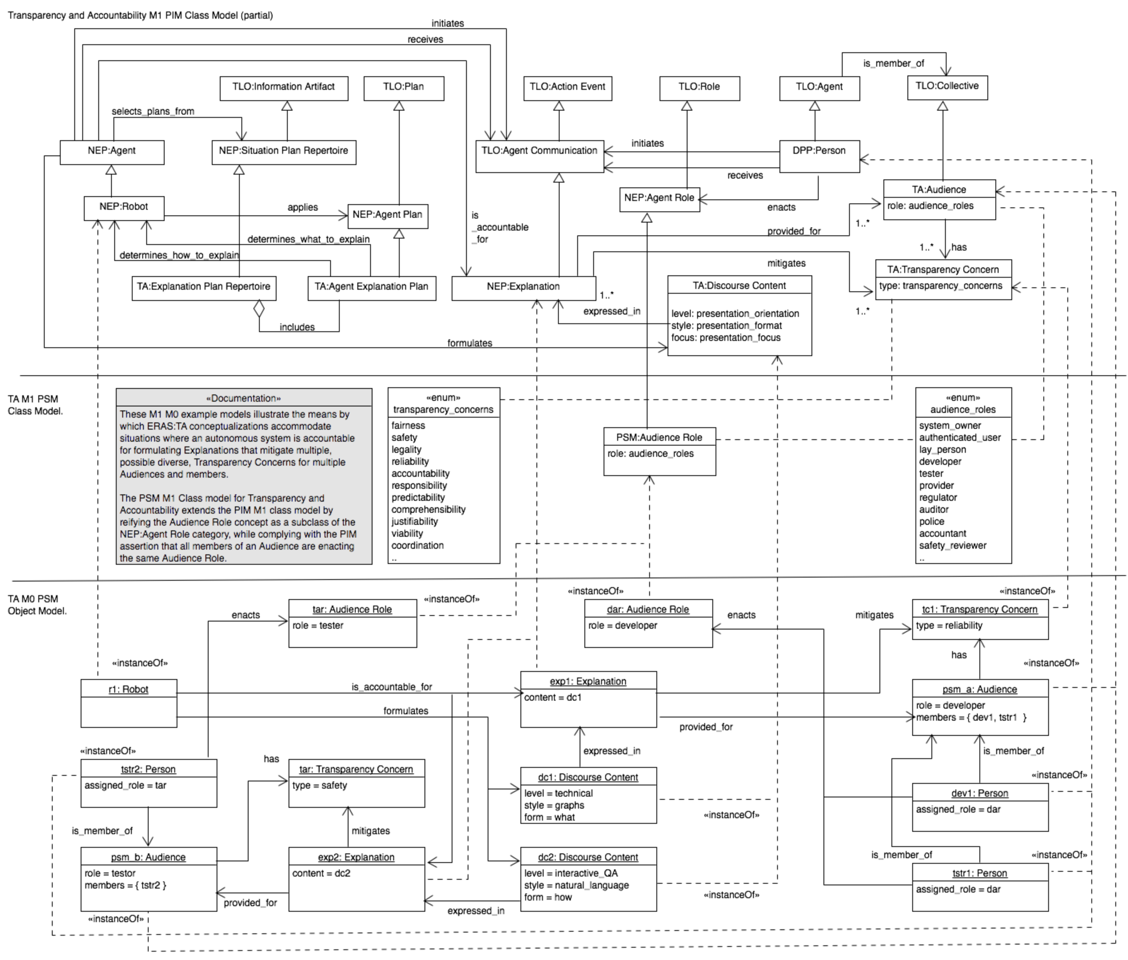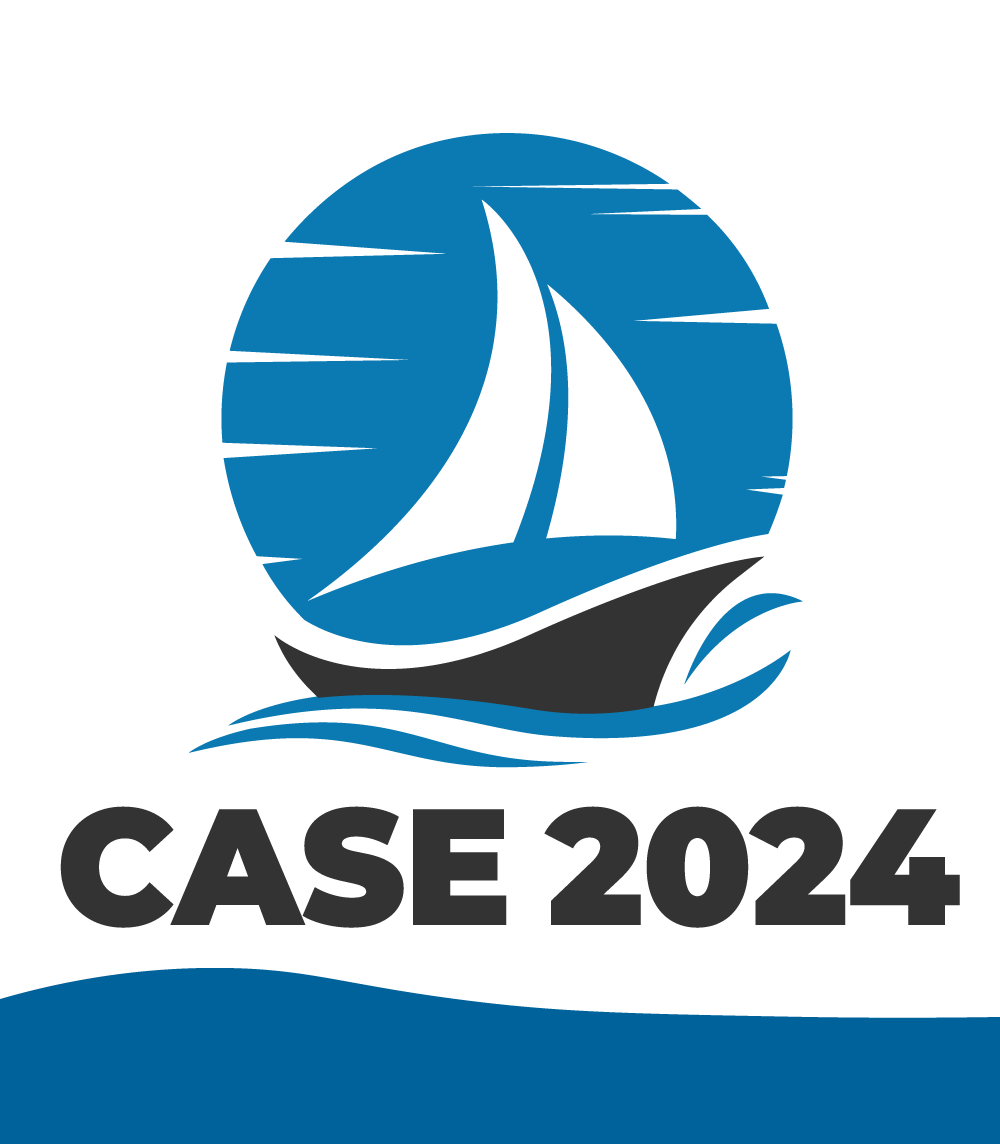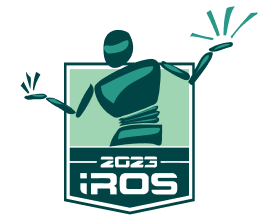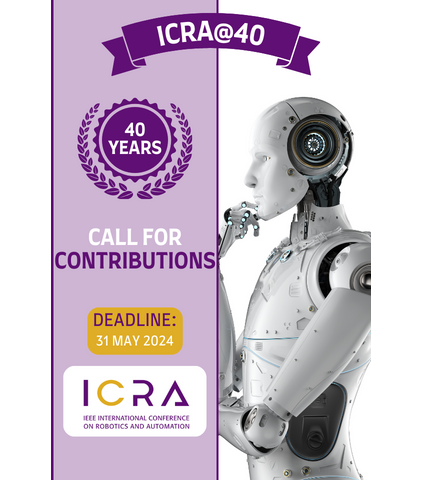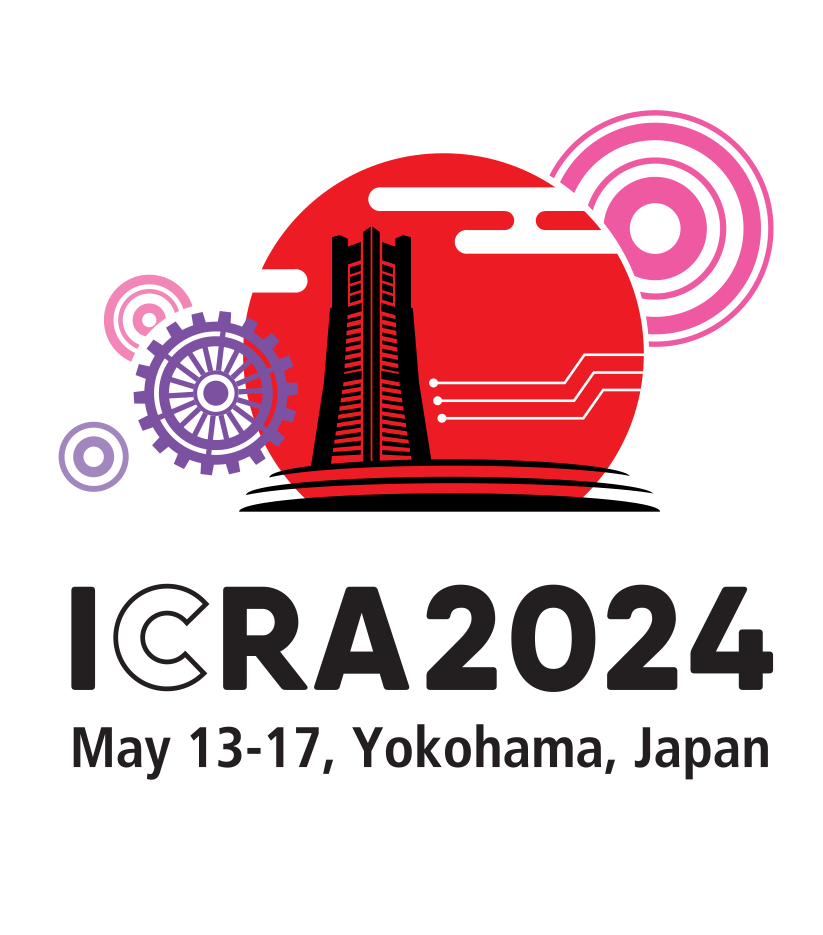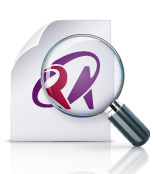RAS Standard receives IEEE-SA Emerging Technology Award!
The IEEE 7007 Ontologies for Ethically Driven Robotics and Automation Working Group (IEEE 7007 WG) has been selected as a recipient of the IEEE SA Emerging Technology Award “For developing an innovative ontological standard on the ethics of artificial intelligence.”
IEEE 7007 WG created a unique standard that will contribute to the development of new technologies ethically aligned to human values. The IEEE 7007 Standard has an ontological representation which facilitates the investigation of the domain; and a formal language that adds precision to the knowledge and data collected during this investigation. The nature of the ontologies allows this ontological representation to be used in a wide variety of applications across all AIS domain.
The IEEE 7007 WG invested a lot of time over the past four years to conceptualize the components, identify their dependences and elaborate upon the formal representation, using formal Logics, for the following domains: Norms and Ethical Principles, Data Privacy and Protection, Transparency and Accountability, and Ethical Violation Management. In addition, during the elaboration of 7007 Standard, IEEE 7007 WG developed its own methodology to deal with the complexity of the Ethics of AI domain. It is based on agile methodology and can be used in heterogenous and spatially distributed groups like the IEEE 7007 WG.
The IEEE 7007 Standard can contribute to the advance of the use of Ethics in the design and deployment of Autonomous and Intelligent Systems (AIS) in multiple ways.
• It can be used to teach ethical design because the ontology permits the user to analyze in detail the components necessary to create ethically aligned systems;
• It can be used for both human and institutional capacity building in the AIS domain. This domain is of increasing interest not only by tech companies but also by States.
• It can be used to create computational ethically aligned systems due to its formal representation. It is possible to embed the standard in an AIS; and enable it to communicate with others through use of the ontology’s formal representation.
• It can provide a taxonomy to support the elaboration of public policies. Precise definitions are essential to provide accurate semantics and disambiguate the meanings of the terms when they are being discussed by different stakeholders.
• It can be used to strengthen digital cooperation across States, which is at the core of United Nations.
The chair of the group is Edson Prestes; the vice-chair is Sandro Fiorini; the technical editors are Mike Houghtaling and Babita Ramlal; the secretary is Paulo J.S. Gonçalves.
A partial view of the Transparency and Accountability UML Model:
